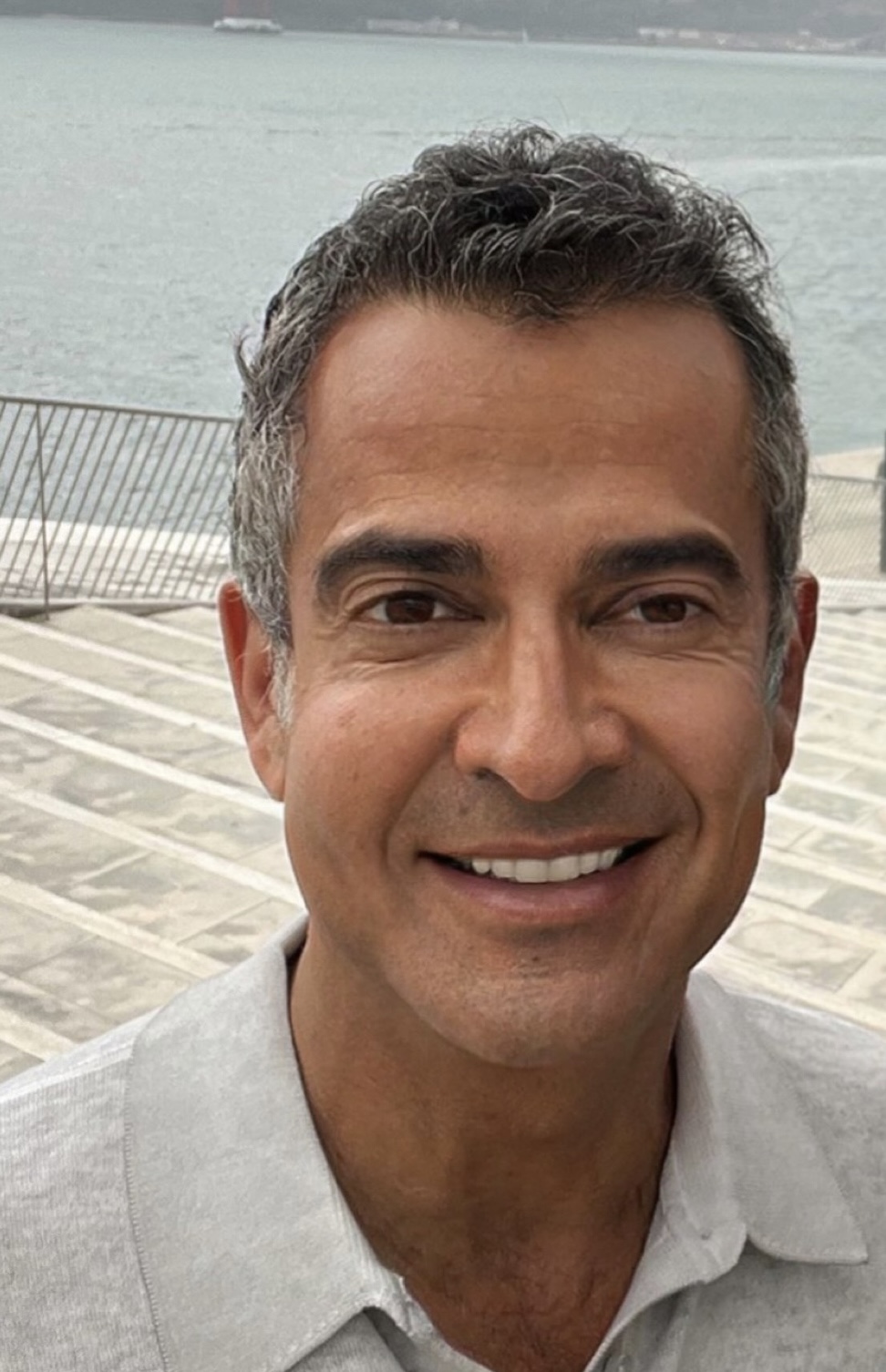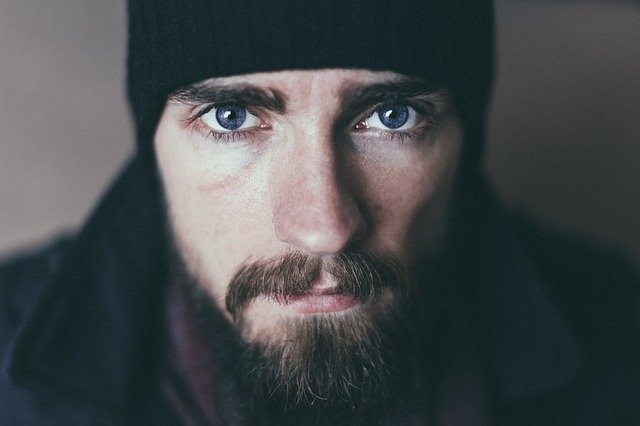In the social isolation of this pandemic, other people and their ways can have a disproportionate impact on us. Who in your life, makes you feel stuck, powerless, not fully yourself? The very thought of them may cause a tightness in your stomach or chest.
Rather than exploring our own culpability, whenever we’re not able to be ourselves with another person, it is normal for us to find reasons to blame them. “I feel this way because they are so…consumed by themselves…judgmental…”
However, it’s important to understand that, as human beings, whenever we experience a contraction in our stomach or our chest, whenever we feel constrained or powerless around another person it nearly always has to do with something that we ourselves have not been truthful about with them.
We may ardently believe that the problem is down to something about the other person. But, in my experience, when we feel constrained and unable to be ourselves, it has to do with what in my business is called “an inauthenticity.” Inauthenticity which you are responsible for.
It could be something you are pretending is the case that is not the case (or is no longer the case) for you with this person.
It could be something you feel, or believe, that you are with-holding from the other person. Perhaps you tell yourself they would disapprove, or be jealous, or judgmental of your actions or values.
It could be something about the other person that you pretend to accept, but in reality struggle with accepting. Perhaps they have values or habits that you can tolerate no longer.
It could be something about them or your relationship with them that you would love to be the case that is not the case.
Perhaps you pretend to have more competency in a certain area than you actually feel you have. You may have been covering up that you weren’t proficient in a skill, or ability.
How else has your communication with this person been less than fully straight, open and honest?
Want to give the formula a go? Identify just 3 people who induce the most anxiety in you when you think of getting together, even on Zoom. Notice with whom you feel a lack of freedom, power, and self-expression – and how you blame them.
To help illustrate the formula, I’m going to use the example of my client Jonas, and his brother Tomasz *
Jonas’s story
Jonas’s brother, Tomasz, is 7 years younger than him. As children, Jonas knew he should feel close to Tomasz, but he never really did. As adults, it got worse. Jonas blamed Tomasz for thinking he was better than his older brother, because Tomasz’s life-choices involved important humanitarian work, and having children while Jonas works in the entertainment business and is childless. So, a classic case of Jonas blaming Tomasz for what Jonas felt was missing from their relationship.
When Jonas was 35 he needed a live organ transplant to survive. His brother offered to donate, and it turned out Tomasz was a perfect match. This should have made the pair ‘even closer,’ except, somehow it didn’t. And now Jonas didn’t have any way of blaming his brother for what he felt was wrong with their relationship, because Tomasz was making the ultimate sacrifice.
Dig deep to find out where you are being inauthentic
In a session together, we explored where Jonas’s inauthenticity lay. We came to see it lay in Jonas pretending to be close, pretending to be best friends with his brother, when he had never really got to know him. Jonas quickly saw that this was something that had begun even before Tomasz was born. Remember, Jonas was 7 when Tomasz arrived. And up to that point, Jonas’s parents had always told him, ‘you’re going to have a brother or sister who will be your best friend.’ Secretly, as an only child, that had been Jonas’s hope too. His parents had moved around Europe a lot when he was a toddler, so Jonas didn’t get to keep any friends for long before the family left town. But, by the time Jonas’s parents did produce a brother for him (there was a miscarriage on the way) he was 7 and Tomasz was a baby.
So, the pretense that Jonas was Tomasz’s best friend started with Jonas, and it began from day one. It continued all the way through their childhood, teens, and early adult life. Jonas felt guilty that he had so little in common with Tomasz, without thinking that there are very few 14-year-olds who are super close with 7-year-olds, and even fewer 21-year-olds whose besties are 14. Yet, because Jonas was so good at pretending, he never got to vent his disappointment that Tomasz wasn’t able to be a real friend to him. And crucially Jonas never got to know his younger brother.
Now, 35 years after his birth, Tomasz was potentially risking his life, and offering his older brother a living organ from his body. Worse still, Jonas feared his brother was making the sacrifice because he mistakenly believed they were close friends.
Declare the inauthenticity AND the new possibility that you would like to create
Jonas flew from Warsaw to New York, where his brother was living, and hung out with him for a couple of days before going for a long walk through Central Park where he plucked up the courage to say something like this:
“I’ve wanted to talk to you for some time, because I’ve felt increasingly tense and upset every time we’ve spoken or met, and it’s got a lot worse since you offered to be my donor. I want to get to know you as an adult and have you really get to know me too, but I can see now that I’ve been pretending to be your best friend since you were born.”
Then, Jonas told his brother the story I have just shared with you about Tomasz’s birth, from Jonas’s perspective.
Apologize AND ask if your apology is accepted
Jonas apologized for having pretended with his brother for so long. He asked Tomasz if he accepted his apology. Tomasz said he did.
Ask if they share the new possibility
Jonas asked if Tomasz too, would like to finally make space and time for the brothers to get to know one another as adults. Tomasz said he would love that.
Jonas then explained that he worried Tomasz had made his offer to donate his kidney (which his new wife and her family strongly opposed) under false pretenses, because Tomasz believed his brother was his good friend, when in fact the pair were practically strangers.
Don’t expect anything from them, but what comes back may surprise you
Jonas’s younger brother said: “I didn’t offer you my organ because I thought we were best friends. I offered it to you because you’re a beautiful person, and I want you to live a long life.”
The Formula
1. Dig deep to find out where you are being inauthentic with this person
2. Make an appointment to declare your inauthenticity and the new possibility that you would like to create with them. Just say, ‘there is something I want to apologize to you for, can we find a time this week?’ Most people are open to being apologized to.
3. Declare your inauthenticity AND the new possibility that you would like to create with that person
4. Apologize AND ask if your apology is accepted
5. Check in that they too would like to give the new possibility a try
6. Don’t expect anything from them – but what comes back may surprise you. It may take them weeks or months, or as with Tomasz, they may respond right away.
The beauty of the formula is that it is hugely empowering. Owning up to whatever you have been ‘pretending’ and apologizing for it, allows you to take full responsibility for relationships in which you may have been feeling like the victim. It will create the possibility for a new, more honest relationship. Jonas and Tomasz have grown to actually become the good friends who they had been pretending to be for years. And if you manage it correctly the conversation will leave the other person feeling light, free, powerful, and ‘right’ enough, usually, to finally admit where they may have been less than honest and open with you.
*Jonas has given me permission to use his story, and both his name and his brother’s have been changed


